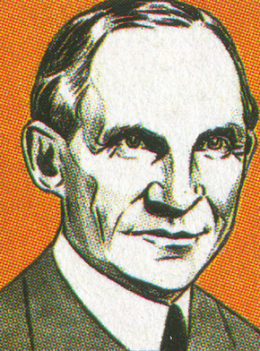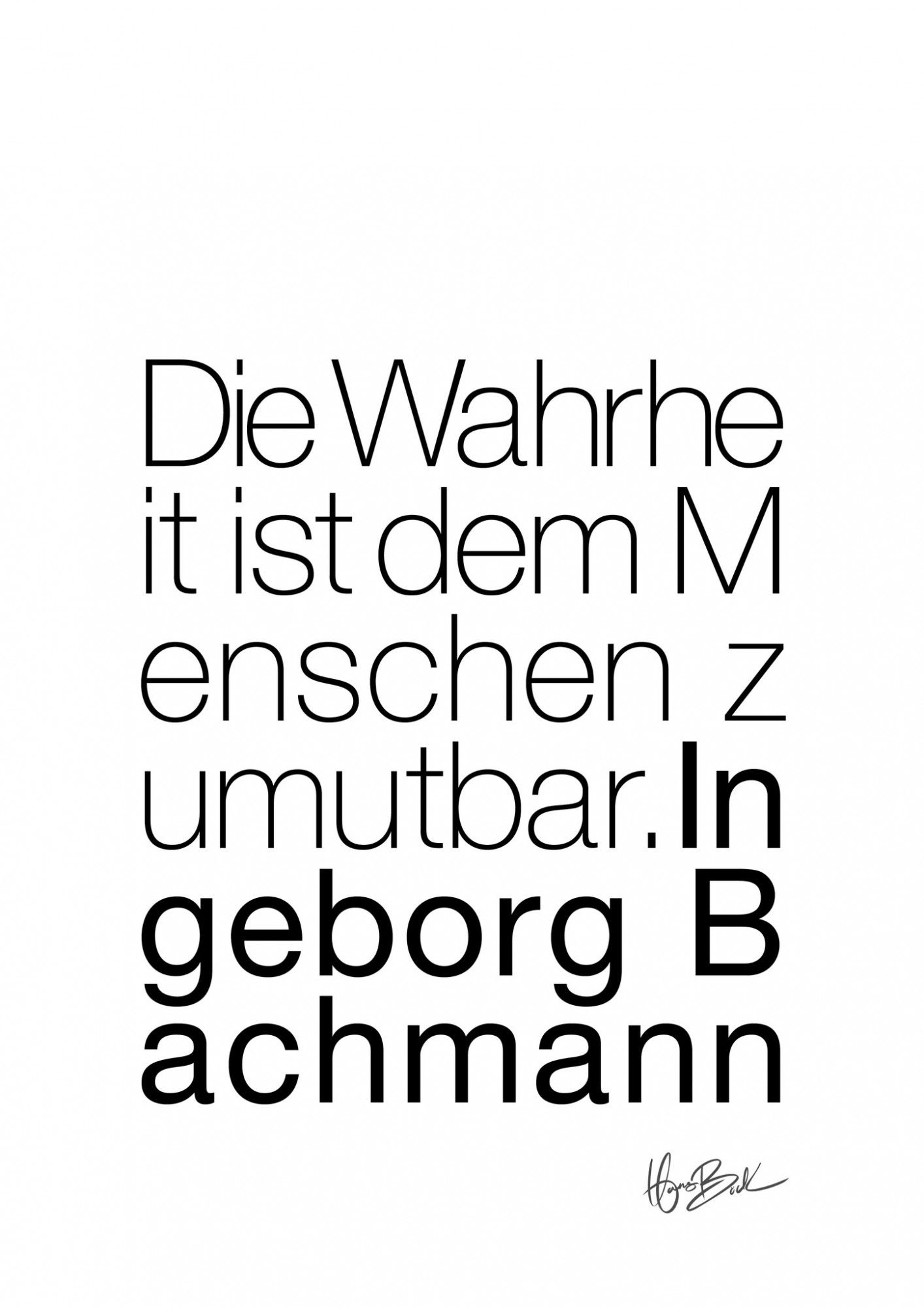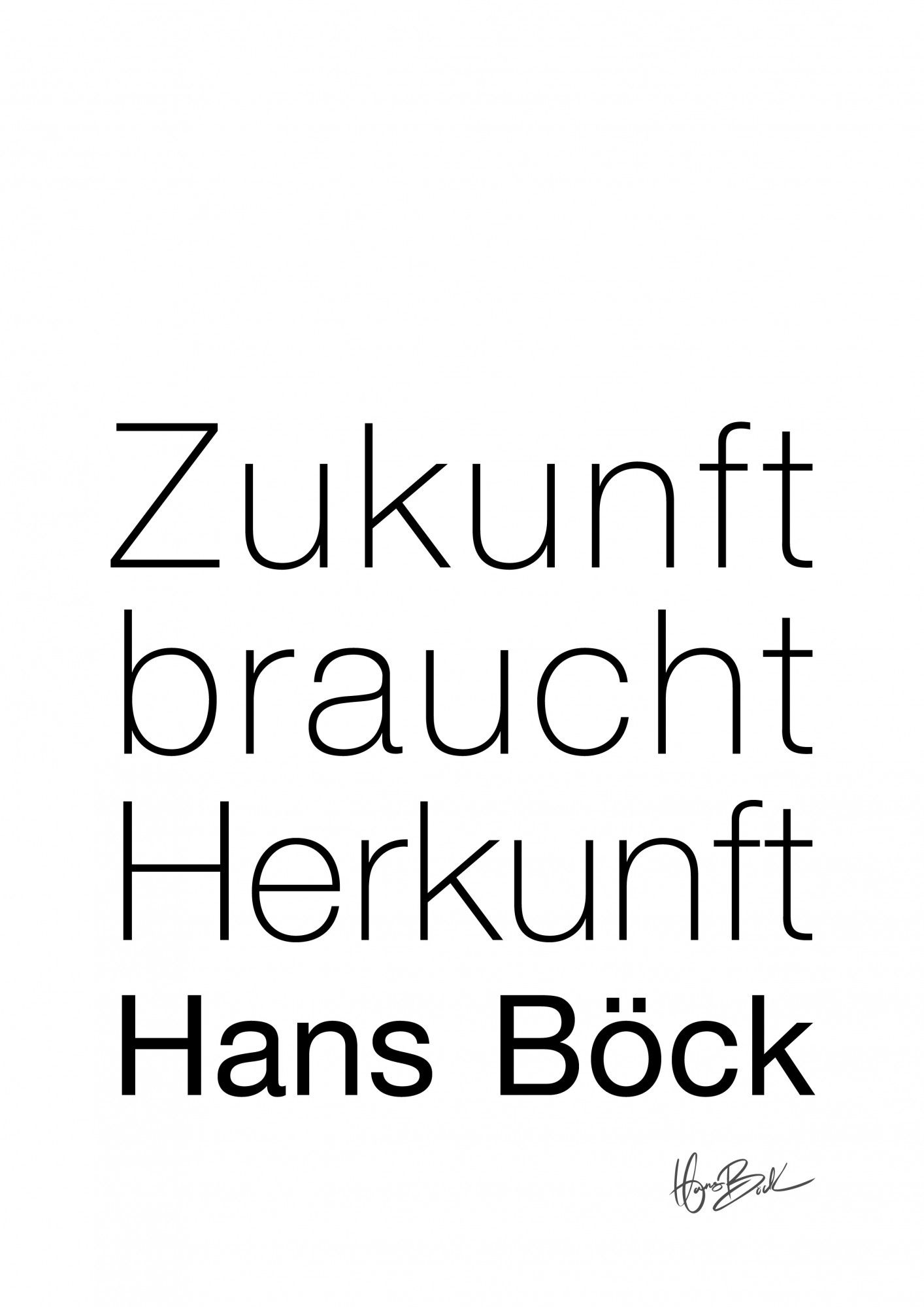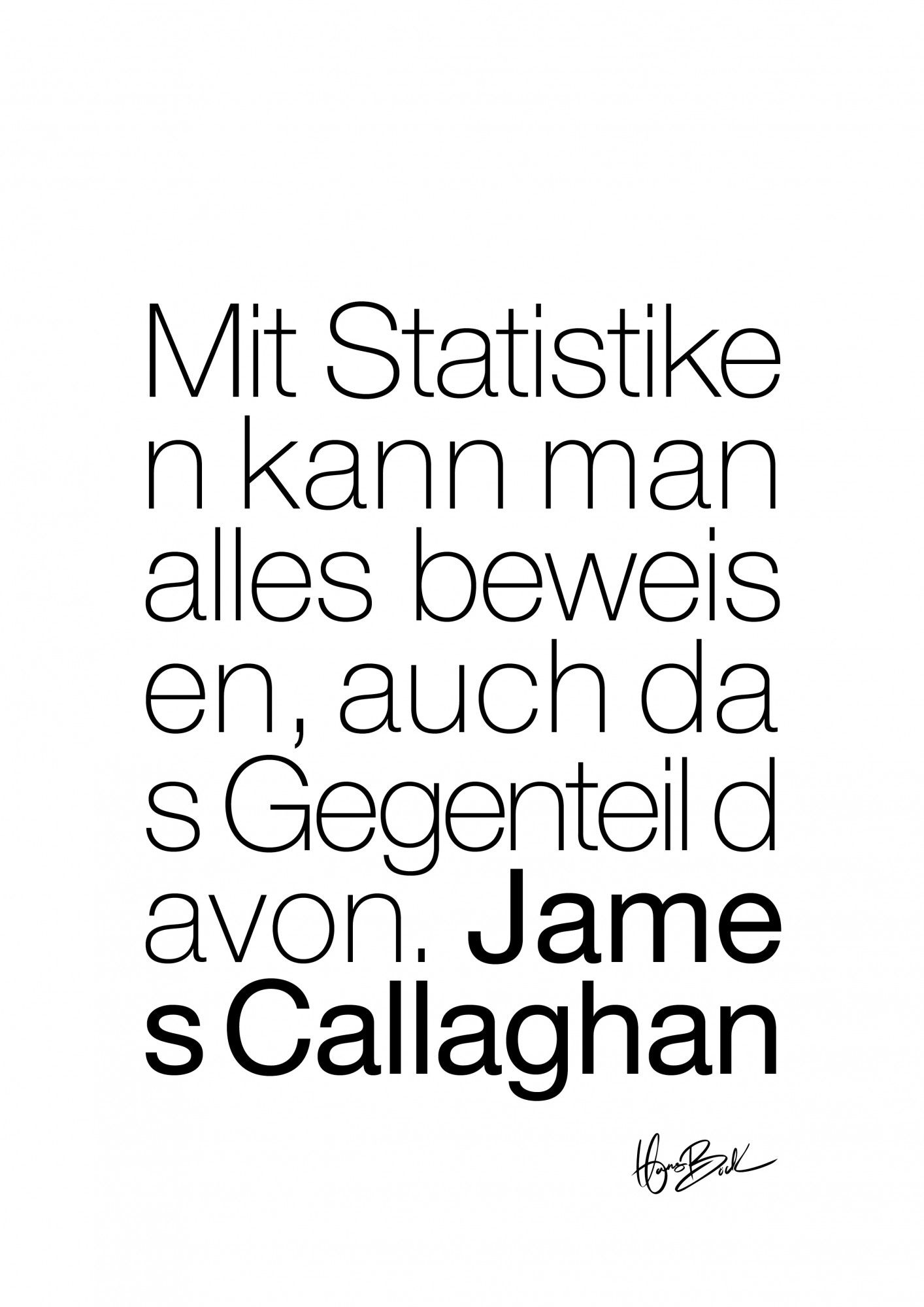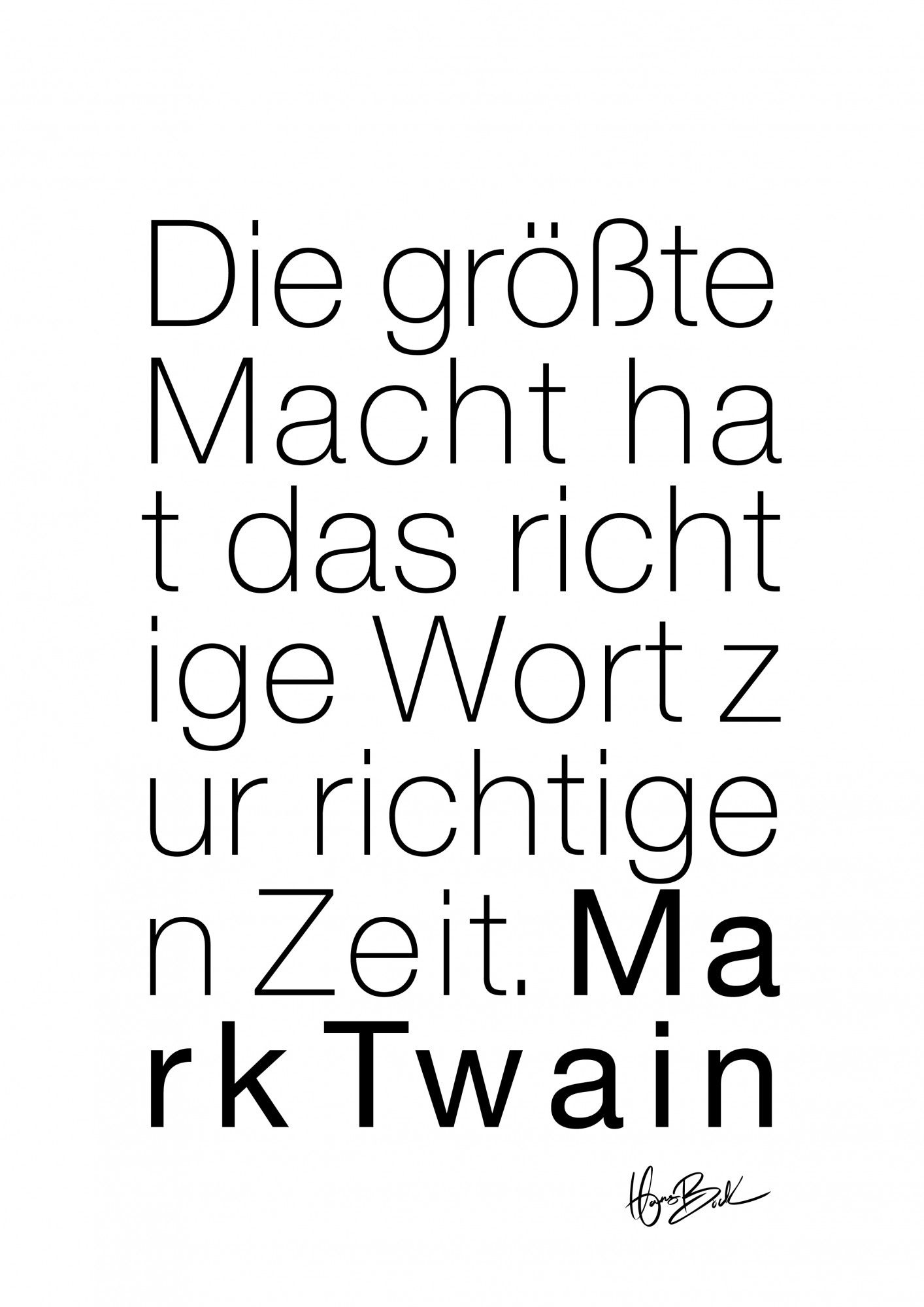Zitate von Henry Ford
Ein bekanntes Zitat von Henry Ford:
Denken ist die schwerste Arbeit, die es gibt. Das ist wahrscheinlich auch der Grund, warum sich so wenig Leute damit beschäftigen.
Informationen über Henry Ford
Mechanikerlehrling, Unternehmer, konstruierte 1892 seinen ersten Motorwagen, gründete am 16. 06. 1903 gemeinsam mit 11 Investoren die "Ford Motor Company" und am 08. 03. 1911 die "Ford Motor Company England" (USA, 1863 - 1947).
Henry Ford · Geburtsdatum · Sterbedatum
Henry Ford wäre heute 161 Jahre, 8 Monate, 3 Tage oder 59.051 Tage alt.
Geboren am 30.07.1863 in Dearborn/Michigan
Gestorben am 07.04.1947 in Detroit
Sternzeichen: ♌ Löwe
Unbekannt
Weitere 149 Zitate von Henry Ford
-
Don't listen to reason if you want to realize your dream.
-
Economy has frequently nothing whatever to do with the amount of money being spent, but with the wisdom used in spending it.
-
Enthusiasm is at the bottom of all progress. With it there is accomplishment. Without it there are only alibis.
-
From time waste there can be no salvage. It is the easiest of all waste and the hardest to correct because it does not litter the floor.
-
Good will is among the few really necessary things in life.
-

-
History is more or less bunk. It's tradition. We don't want tradition. We want to live in the present and the only history that is worth a tinker's damn is the history we make today.
-
If I cannot come to terms with the course of events, then I let them take care of themselves.
-
If money is your only hope for independence, you will never have it. The only real security that a man can have in this world is a reserve of knowledge, experience and ability.
-
If there is any great secret of success in life, it lies in the ability to put yourself in the other person's place and to see things from his point of view - as well as your own.
-
If you take all the experience and judgment of men over fifty out of the world, there wouldn't be enough left to run it.
-
It is worth remembering that output per man in this country has increased on the average about two per cent a year during this century. Mere continuation of this trend will mean a future full of better things for more people. But it is my own feeling that the tremendous gains which have been achieved by machine techniques may be substantially matched when we learn to make better use of ourselves as people.
-
Life is a series of experiences, each one of which makes us bigger, even though sometimes it is hard to realize this. For the world was built to develop character, and we must learn that the setbacks and griefs which we endure help us in our marching onward.
-
Life is work, and everything you do is so much more experience. Sometimes you work for wages, sometimes not, but what does anybody make but a living? And whatever you have you must either use or lose.
-
Many persons think that by hoarding money they are gaining safety for themselves. If money is your only hope for independence, you will never have it. The only real security that a man can have in this world is a reserve of knowledge, experience, and ability. Without these qualities, money is practically useless. The security even of money depends on knowledge, experience and ability. If productive ideas are displaced by destructive ideas, economic life suffers.
-
Money doesn't change men, it merely unmasks them, If a man is naturally selfish or arrogant or greedy, the money brings that out, that is all.
-
Money is like an arm or leg - use it or lose it.
-
No government can guarantee security. It can only tax production, distribution and service and gradually crush the power to pay taxes. That settles nothing. It only uses up the gains of the past and postpones the developments of the future.
-
Nobody can think straight who does not work. Idleness warps the mind. Thinking without constructive action becomes a disease.
-
Obstacles are those frightful things we see when we take our eyes off our goals.
-
Of course, it is not the employer who pays wages. He only handles the money. It is the product that pays wages and it is the management that arranges the production so that the product may pay the wages.



